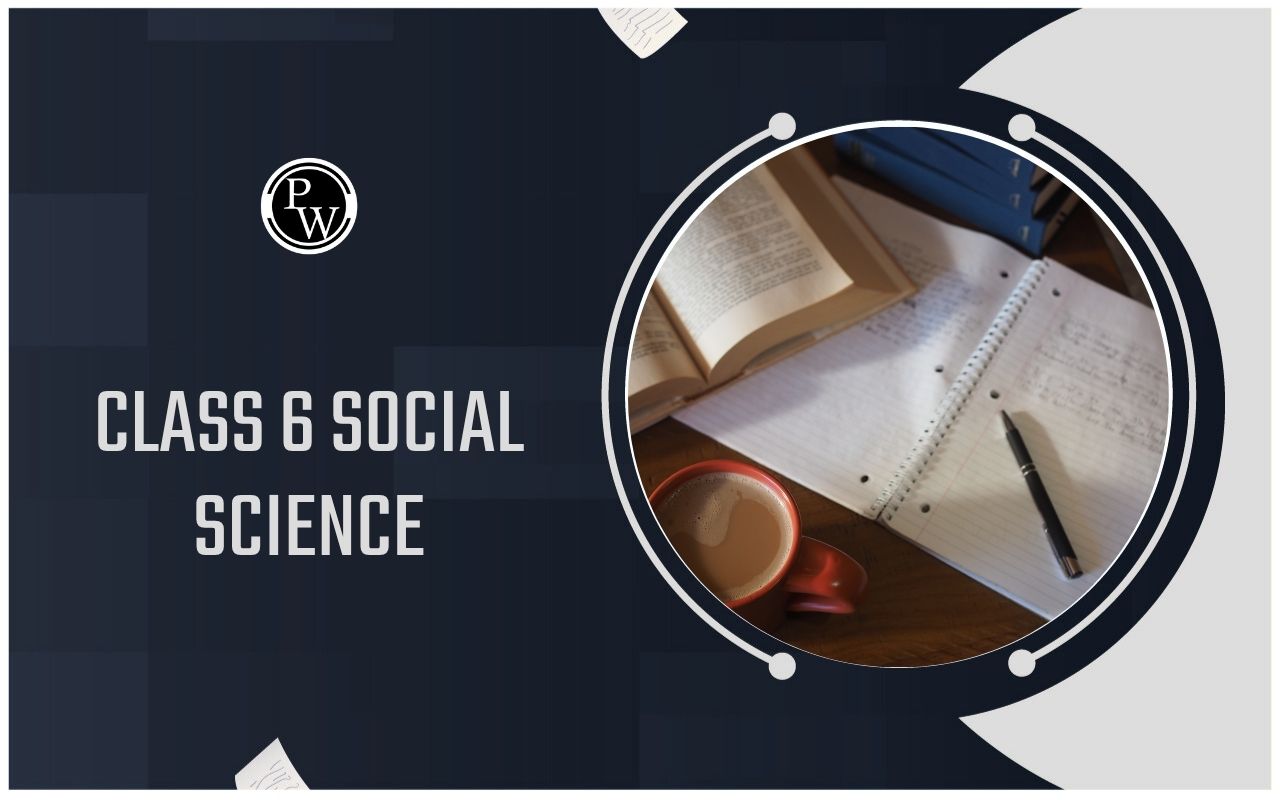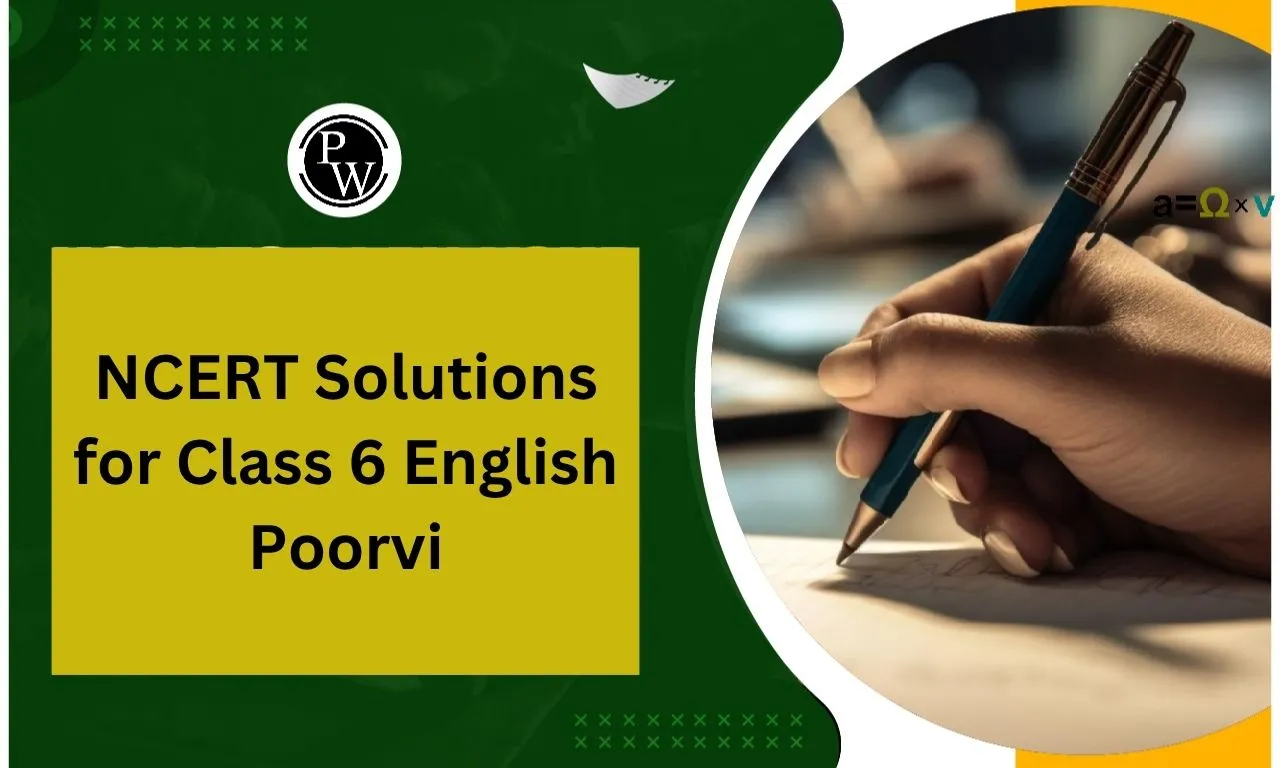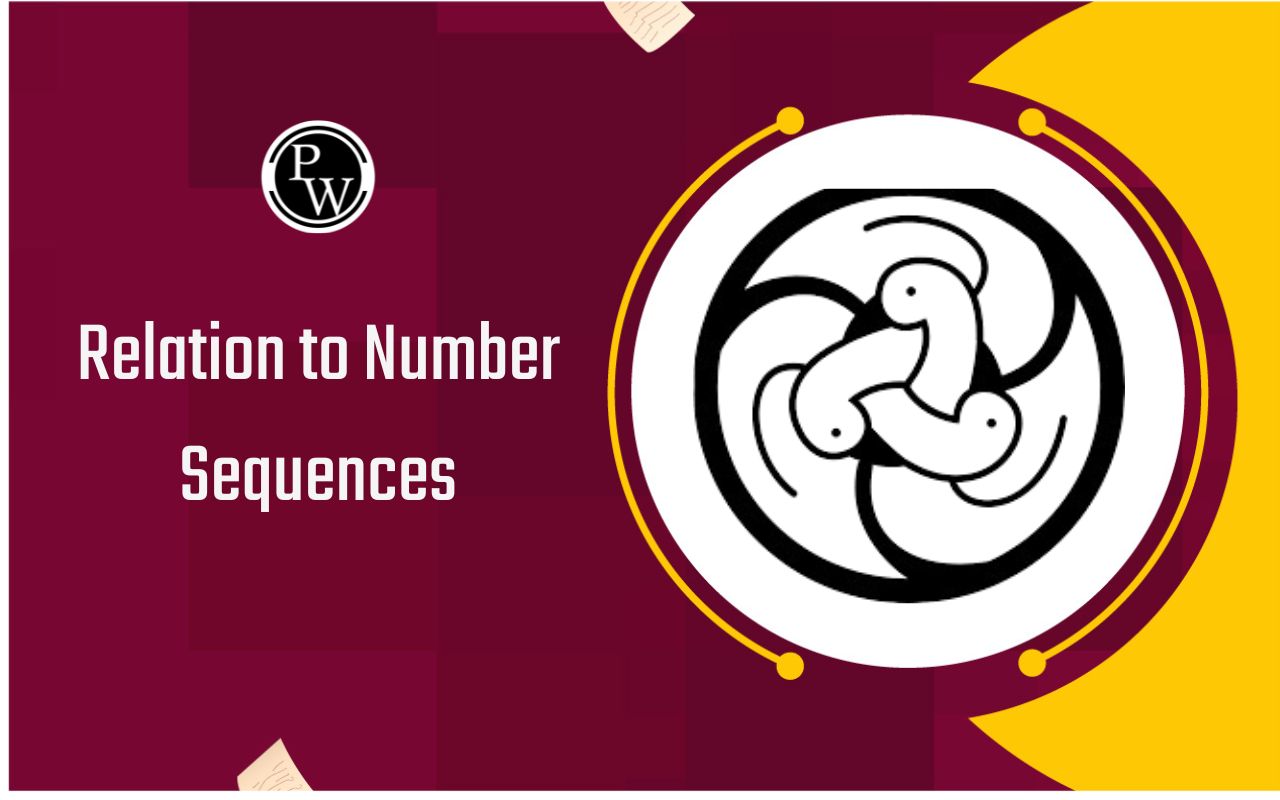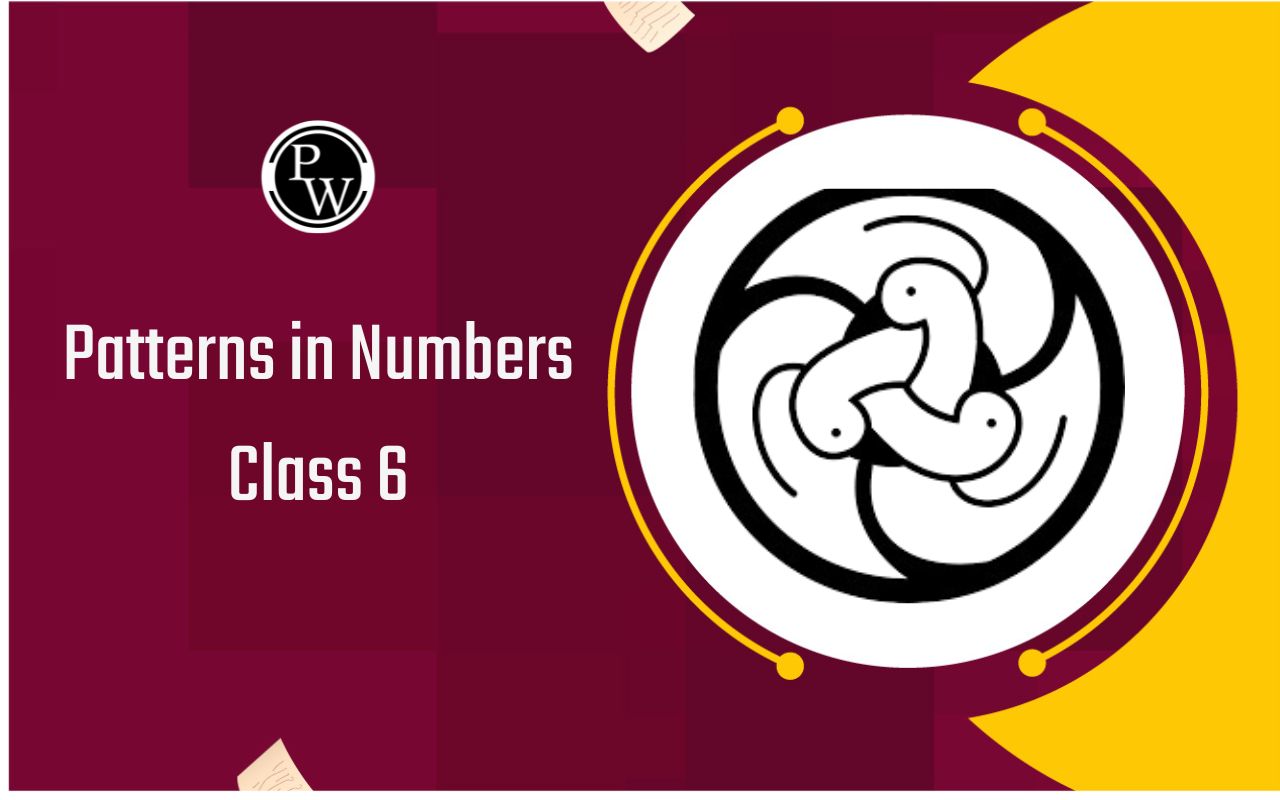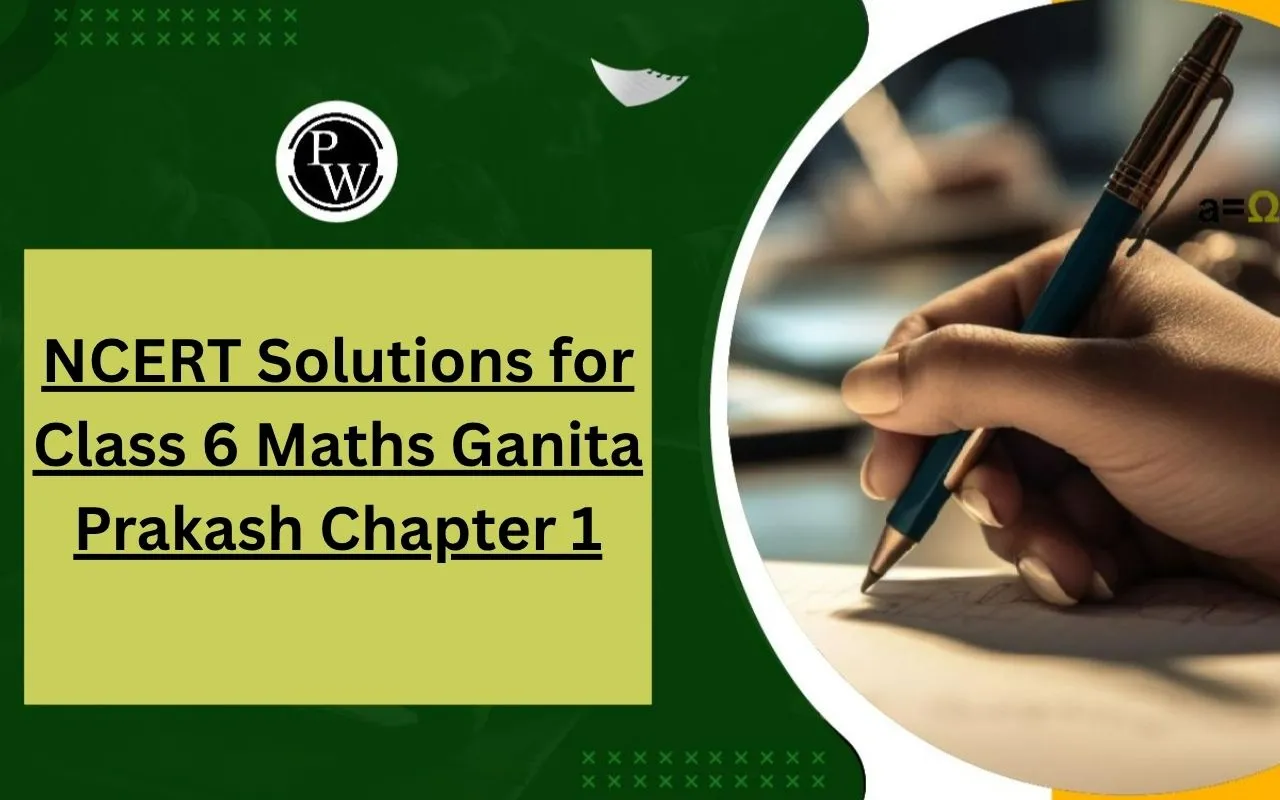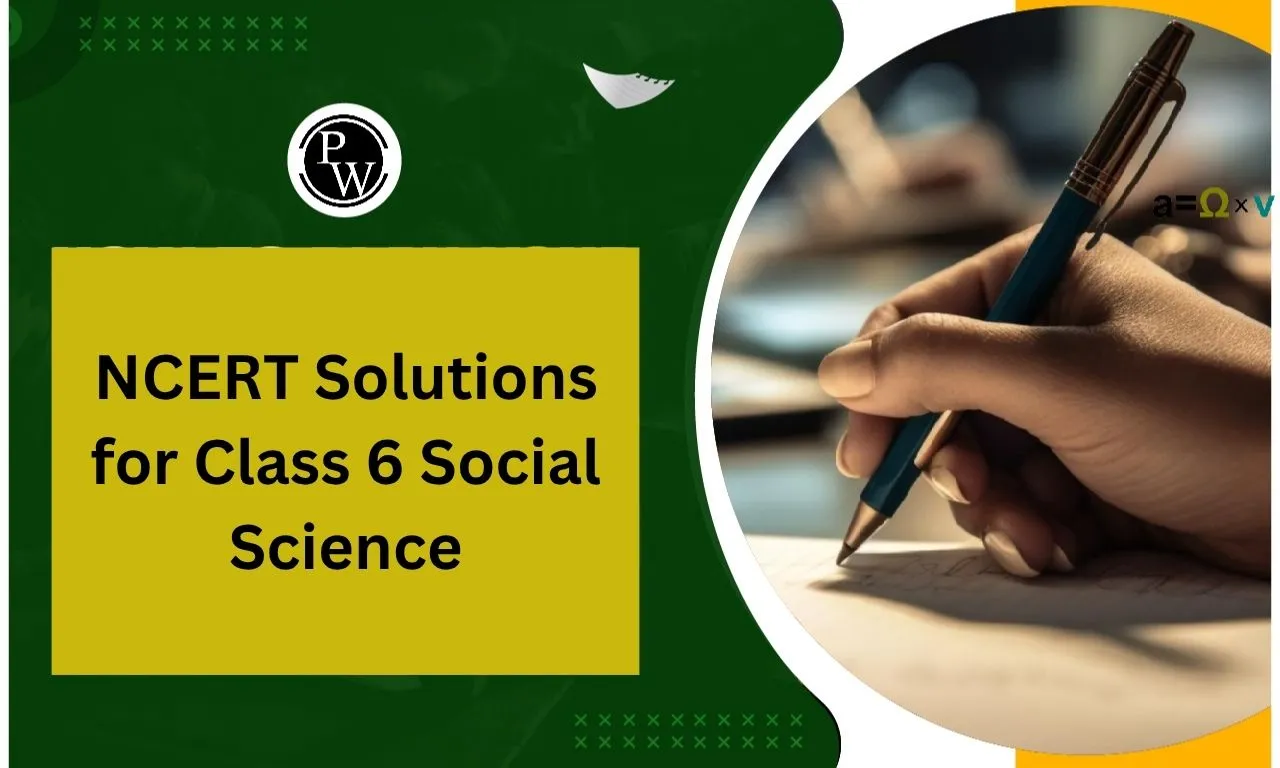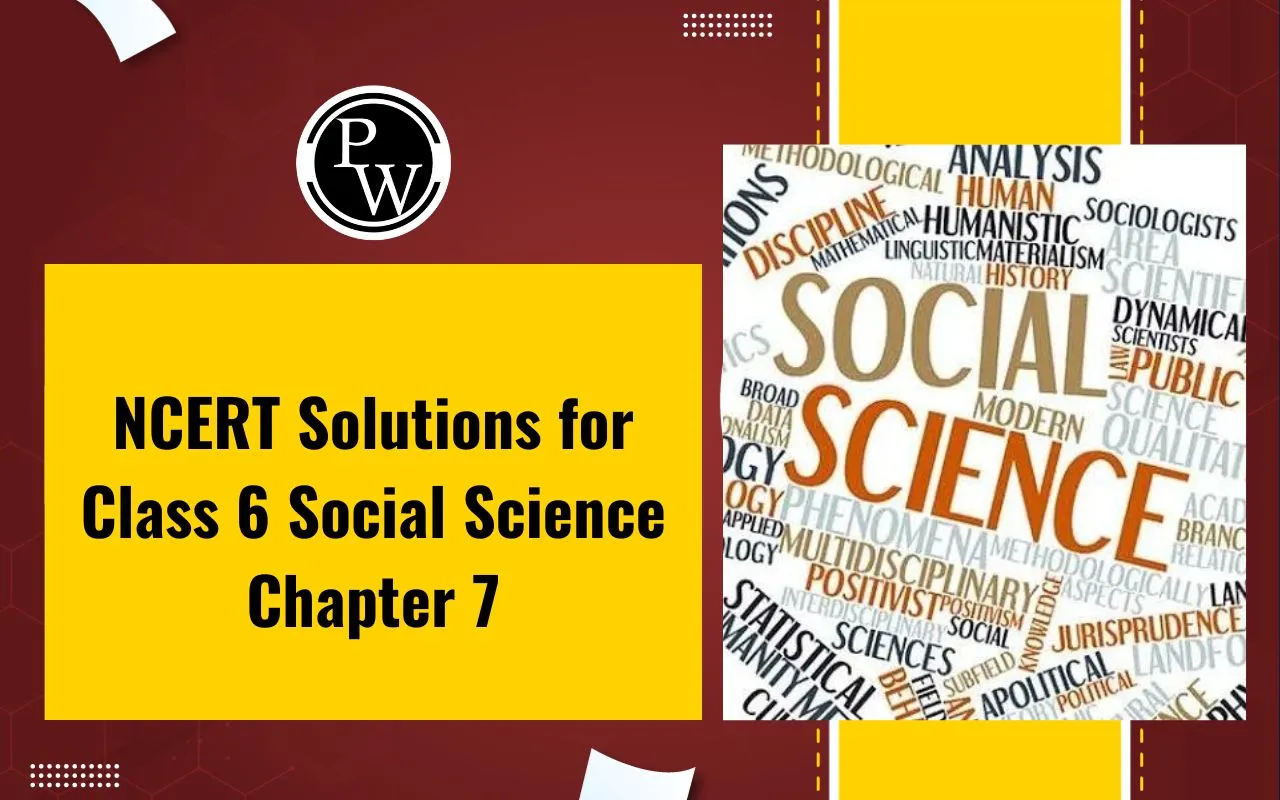
NCERT Solutions for Class 6 Social Science Civics Chapter 3
NCERT Solutions for Class 6 Social Science Civics Chapter 3 give us an insight into governments and their running. The novella, ‘Animal Farm’ by George Orwell brings us an intriguing story where the animals rise in rebellion against humans. The animals dream of a society where all are equal, all enjoy freedom, and all are happy. Orwell goes on to stay that his book draws from the events that triggered 1917’s Russian Revolution followed by Stalin ruling the Soviet Union. Thus, the book reflects on how a government functions. It’s important that we know how a country is run and what role we citizens have in it. CBSE Class 6 Chapter 3 Civics sheds light on the types of governments, the roles they play, their duties and responsibilities. It also discusses the framing of laws. Physics Wallah brings you well written answers that help clarify the concepts mentioned in CBSE Class 6 Chapter 3 Civics—What Is Government!| CBSE Syllabus Class 6 | |
| CBSE Class 6 Science Syllabus | CBSE Class 6 Maths Syllabus |
| CBSE Class 6 Social Science Syllabus | CBSE Class 6 English Syllabus |
NCERT Solutions for Class 6 Social Science Civics Chapter 3 - Overview
Physics Wallah’s team of experts has compiled the NCERT Solutions for Class 6 Social Science Civics Chapter 3—What Is Government? You’ll find the answers to the questions easy to remember since they are written in a simple language. Our experts have been mindful of what challenges students might be facing when studying Civics and have written the answers accordingly. The simple language used in the answers makes them easy to remember. Students won’t feel any need to rote learn the answers. Going through them regularly and writing them often are sure to help them reproduce the answers well in the exams. There’s also the option for NCERT Solutions for Class 6 Social Science Civics Chapter 3 free PDF download . You may refer to our answers any time you want to after downloading them on your device.NCERT Solutions for Class 6 Social Science Civics Chapter 3 PDF Download
NCERT Solutions for Class 6 Social Science Civics Chapter 3
Learning ‘Chapter 3—What Is Government?’ becomes much easier with Physics Wallah’s NCERT Solutions for Class 6 Social Science Civics Chapter 3 . The answers are written beautifully in simple English which makes remembering much less of a challenge. Students like you have often found remembering Civics a tough task. We at Physics Wallah come to your aid like a true friend would. Our explanations make learning about governments an exciting activity. Here they are- Exercise Page No 34 Q1. Look at the statements in the column on the left. Can you identify which level they belong to (Local/State/Central)?- The decision of the Government of India to maintain peaceful relations with Russia.
- The decision of the Government of West Bengal whether to have a Board exam in Class 8 for all government schools.
- Introduction of two new trains between Dibrugarh and Kanyakumari.
- The decision to locate a common well in a particular area of the village.
- The decision to construct a big children’s park in Patna.
- The decision of the Government of Haryana to provide free electricity for all farmers.
- Introduction of new 1000 rupee note.
- The decision of the Government of India to maintain peaceful relations with Russia – Central
- The decision of the Government of West Bengal in whether to have a Board exam in Class 8 for all government schools – State
- Introduction of two new trains between Dibrugarh and Kanyakumari – Central
- The decision to locate a common well in a particular area of the village – Local
- The decision to construct a big children’s park in Patna – Local
- The decision of the Government of Haryana to provide free electricity for all farmers – State
- Introduction of new 1000 rupee note – Central
- It decides where roads and other infrastructure are to be built
- Its decisions regarding the different programmes on social welfare
- Its decisions regarding the price of important goods and commodities like onions and petrol
- Ensuring internal security and protecting from external hostilities and maintaining cordial relations with friendly nations
- Ensuring quality healthcare for all
- The government always remains answerable to the people.
- Regular elections are held where the people elect their representatives who govern the nation.
CBSE Board Exam Centre List 2024
Q4. What was the suffrage movement? What did it accomplish? The right to vote is called suffrage. Women and the poor would be denied the right to vote in the USA earlier. After a prolonged fight for their rights, the movement gained strength during the course of World War I. The movement saw the dawn of success in the USA in 1920 and in 1928 in the UK. Q5.Gandhiji strongly believed that every adult in India should be given the right to vote. However, a few people don’t share his views. They feel that illiterate people, who are mainly poor, should not be given the right to vote. What do you think? Do you think this would be a form of discrimination? Give five points to support your view and share these with the class. I feel that denying the right to vote to every citizen defeats the very purpose of being a democracy. Here are my five points in support of granting voting rights to all, i.e., ensuring universal suffrage.- In democracies, all should have the right to vote, even the poor and the illiterate.
- The Indian Constitution sees all the citizens of India as equal.
- In a democracy, an elected government should work for all the citizens going beyond serving only the rich and the literate.
- The fate of the majority shouldn’t be decided by the minority
- Since being poor is not a crime, the poor shouldn’t be denied the right to vote. All should have voting rights.
What is Government? Summary
Class 6 Civics Chapter 3 ‘What Is Government?’ helps students form a clear understanding of what a government is and how many types of governments exist. We get to know about the concept of suffrage. We also learn about the features of governments, especially democratic governments. The major topics covered in the chapter are-- Levels of Government
- Laws and the Government
- Types of Governments
- Democratic Governments
NCERT Solutions for Class 6 Social Science Civics Chapter 3, What Is Government? - Key Features
Physics Wallah’s NCERT Solutions for Class 6 Social Science Civics Chapter 3 key features make studying the chapter far easier for students. They make remembering the answers truly easy helping you enjoy your studies. Here are the features—- A simple approach
- Focused answers with all relevant details
- Language that can be understood easily
- An attractive interface that makes remembering the answers a lot easier
- A PDF file that can be downloaded on any device for quick reference during revisions
NCERT Solutions for Class 6 Social Science Civics Chapter 3 FAQs
Do the answers here help me score well in my exams?
You can score more in your exams only if your answers contain all relevant information and are written in correct English. Physics Wallah’s answers meet both these requirements and hence, if you are able to reproduce the answers well in the exams, you are sure to score well in them.
How can I reproduce these answers in the exams properly?
We strongly recommend that you go through the answers often and keep writing them regularly. Focus hard when you are learning the answers. We urge you to avoid mugging them up. It’s also important that you read the textbook thoroughly.
Can I access these answers from Physics Wallah anywhere and anytime I want to?
The NCERT Solutions for Class 6 Social Science Civics Chapter 3 free PDF download option allows you to download a PDF file of the answers on multiple devices. Once you have the answers in your device, it’s easy referring to them anywhere, anytime.
What do we learn from the Physics Wallah NCERT Solutions for Class 6 Social Science Civics Chapter 3?
The article here from Physics Wallah teaches you about governments, their roles and functioning. You also learn about the features of governments with a focus on democracies. Universal voting rights are also discussed here.
Can I be sure about the quality of the answers here?
A team of experts including very knowledgeable individuals has prepared the answers in this article. Every answer contains to the point information and they are written in impeccable English. There’s no compromise on quality in the article here from Physics Wallah.
Talk to a counsellorHave doubts? Our support team will be happy to assist you!

Check out these Related Articles
Free Learning Resources
PW Books
Notes (Class 10-12)
PW Study Materials
Notes (Class 6-9)
Ncert Solutions
Govt Exams
Class 6th to 12th Online Courses
Govt Job Exams Courses
UPSC Coaching
Defence Exam Coaching
Gate Exam Coaching
Other Exams
Know about Physics Wallah
Physics Wallah is an Indian edtech platform that provides accessible & comprehensive learning experiences to students from Class 6th to postgraduate level. We also provide extensive NCERT solutions, sample paper, NEET, JEE Mains, BITSAT previous year papers & more such resources to students. Physics Wallah also caters to over 3.5 million registered students and over 78 lakh+ Youtube subscribers with 4.8 rating on its app.
We Stand Out because
We provide students with intensive courses with India’s qualified & experienced faculties & mentors. PW strives to make the learning experience comprehensive and accessible for students of all sections of society. We believe in empowering every single student who couldn't dream of a good career in engineering and medical field earlier.
Our Key Focus Areas
Physics Wallah's main focus is to make the learning experience as economical as possible for all students. With our affordable courses like Lakshya, Udaan and Arjuna and many others, we have been able to provide a platform for lakhs of aspirants. From providing Chemistry, Maths, Physics formula to giving e-books of eminent authors like RD Sharma, RS Aggarwal and Lakhmir Singh, PW focuses on every single student's need for preparation.
What Makes Us Different
Physics Wallah strives to develop a comprehensive pedagogical structure for students, where they get a state-of-the-art learning experience with study material and resources. Apart from catering students preparing for JEE Mains and NEET, PW also provides study material for each state board like Uttar Pradesh, Bihar, and others
Copyright © 2026 Physicswallah Limited All rights reserved.
